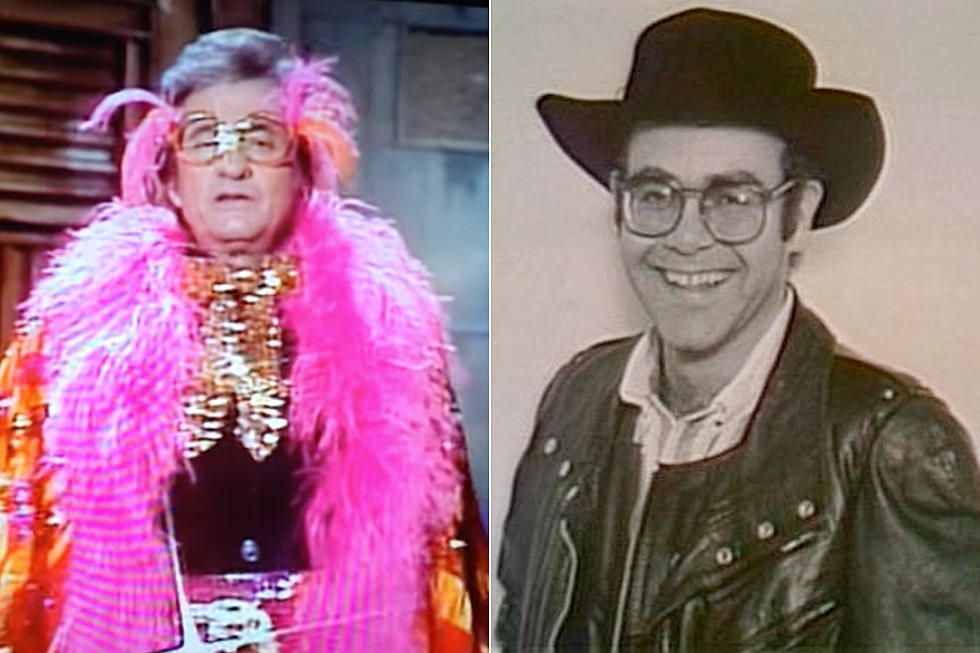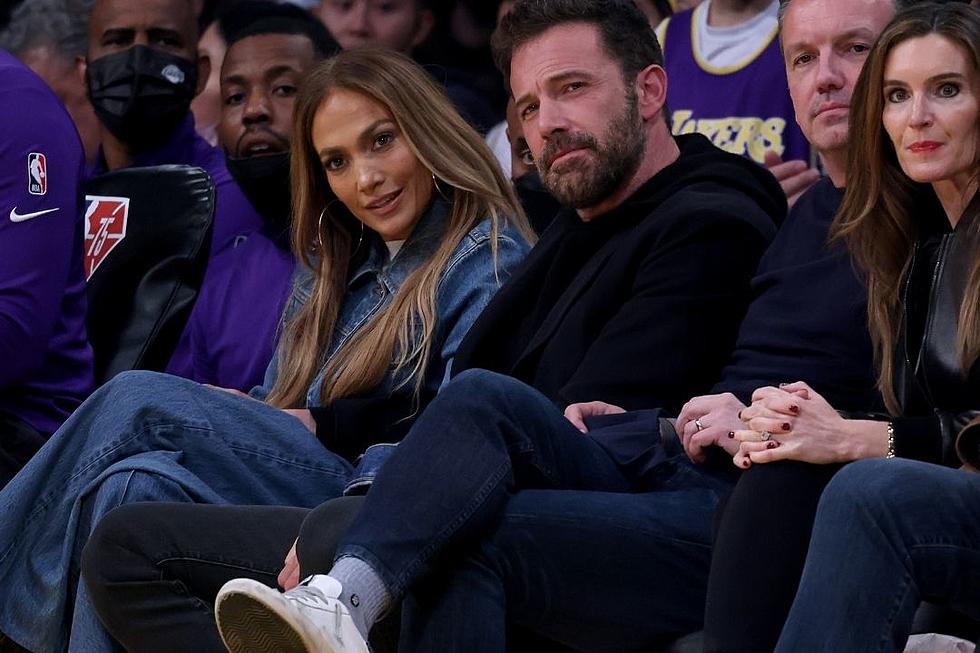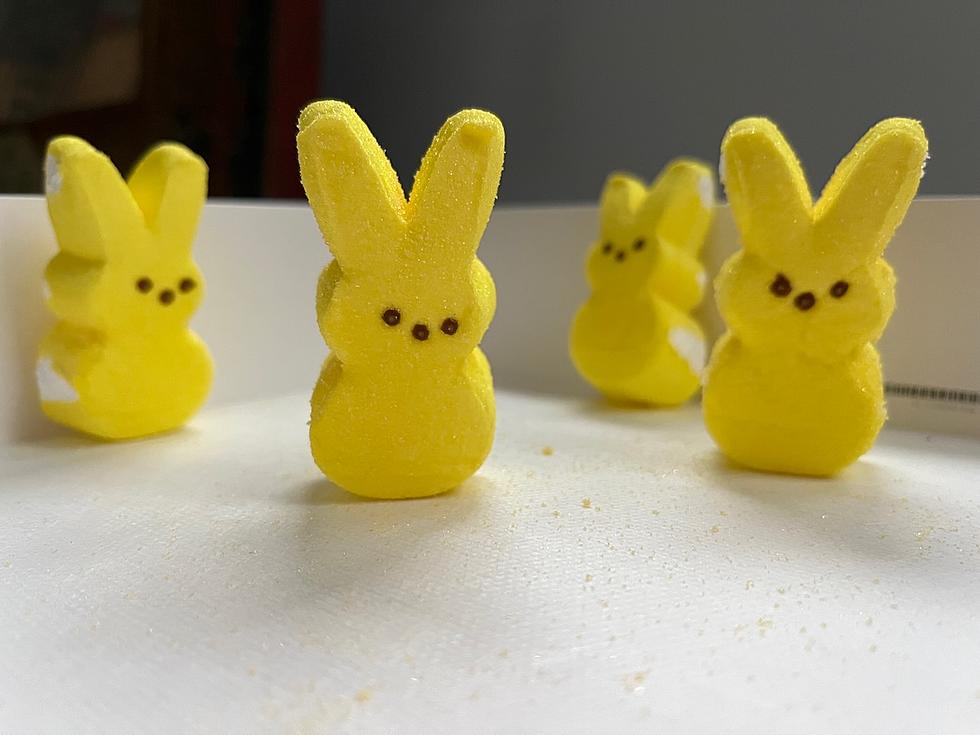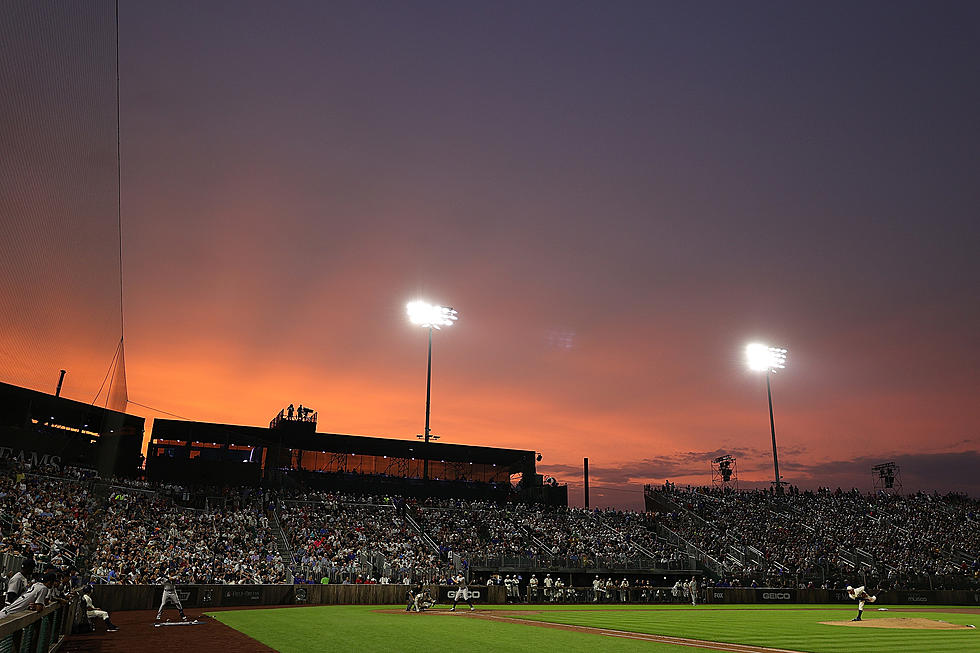
40 Years Ago: Elton John and Johnny Cash Trade Outfits on ‘SNL’
By 1982, country music legend Johnny Cash had nothing much left to prove. The youngest inductee to the Country Music Hall of Fame a few years earlier, the 50-year-old Cash accepted an invite from then-Saturday Night Live producer Dick Ebersol to host the show. And while Elton John was the musical guest on the night, Cash essentially pulled double duty, belting out renditions of “I Walk the Line,” “Folsom Prison Blues,” “Ring of Fire,” “Sunday Mornin’ Comin’ Down” and, fittingly, “Man in Black,” which functioned as Cash’s monologue.
SNL in 1982 was an odd beast. After the infamous debacle of the truncated sixth season, when former Talent Coordinator Jean Doumanian assembled a wobbly team to try to replace the entire departing original cast, writers and series creator Lorne Michaels, NBC exec Ebersol stepped in to right what was a visibly sinking ship. Ebersol succeeded, his four years at the helm of a show he (at least in part) helped create staving off threats of cancellation and proving a stable, if never particularly exciting, bridge to Michaels’ eventual 1985 return. The cast greeting Cash in an awkward scrum after his musical monologue was a workmanlike group — with one sparkling exception.
Scrambling after the near-total housecleaning following Doumanian’s exit, Ebersol went after SCTV stars Catherine O’Hara and John Candy in a quest for star power, settling in the end for lesser-known Canadian SCTV actors Robin Duke and Tony Rosato. Future Tony Award winner Christine Ebersole and winningly gawky Mary Gross brought some versatility, while Chicago-born Tim Kazurinsky provided his own Second City experience — alongside a recommendation from original Not Ready for Primetime Player John Belushi. Brian Doyle-Murray similarly gave Ebersol a link to the old show, taking little brother Bill’s occasional place behind the "Weekend Update" desk (now rechristened as "SNL Newsbreak").
Watch Johnny Cash in a 1982 Episode of 'Saturday Night Live'
There were only two cast members spared from the Doumanian roster: Joe Piscopo and Eddie Murphy. Piscopo, a broad and exuberant impressionist, was initially the perfect vehicle for Ebersol’s vision of Saturday Night Live. Cash’s show is typically Piscopo-heavy, even if most people’s eyes were already locked on 21-year-old Murphy. Being hired on as a little-utilized featured player under Doumanian, the brash and charismatic young Murphy quickly seized the spotlight and the audience’s adulation. The live applause greeting each cast member’s name explodes for Murphy at easily double the volume of anyone else. Gathered with Cash and the cast to kick off the show here, Murphy stares down the camera from his position at Cash’s hip. The others fawn over their illustrious guest, while Murphy, unsmiling, prepares to carry the show, a function he performed for four straight years.
For Cash, the Ebersol SNL was likely familiar turf. Cash had hosted a musical-comedy variety series, The Johnny Cash Show, a decade earlier and had been acting professionally alongside his singing career since the late '50s. Still, his many songs here indicate the protective strategy SNL traditionally deploys for non-comics. Cash’s monologue allows him to just sing “Man in Black,” pausing for flashback sketches with Kazurinsky showing how the squeaky-voiced young Cash came by his signature baritone, dramatic dimple and self-mythologizing. Cash cracks a few jokes along the way in the manner of mid-song stage banter, with the only truly successful gag coming when a cutback sees a prone Cash being vigorously back-massaged into his trademark vibrato.
As for the show’s purported actual musical act, Elton John had the double misfortune of coming off like an afterthought to this Johnny Cash show, coupled with the fact that his pair of songs come from Jump Up!, the 1982 album John’s longtime lyricist Bernie Taupin has called, “a terrible, awful, disposable album.” Cash, at one point, dons flamboyant feathers and a rhinestone ensemble to joke about John’s penchant for flash, but, here, John decks himself in a Cash-esque black cowboy hat and duds, somberly belting out Jump Up! Tracks “Ball & Chain” and the John Lennon tribute song “Empty Garden (Hey Hey Johnny),” the album’s one memorable track.
Watch Johnny Cash in a 1982 Episode of 'Saturday Night Live'
That’s a lot of music for an episode of Saturday Night Live, an unfortunate fact when looking for a complete version. The Peacock upload runs a paltry 29 minutes, rights issues chopping out every one of Cash and John’s musical numbers. What’s left is an almost 17-minute "Newsbreak," a leaden enterprise enlivened only when Murphy shows up as himself to announce the results of the previous episode’s call-in stunt about whether or not to boil and eat a live lobster named Larry. Murphy, reading out one actual complaining letter that refers to Black people not liking seafood, hijacks the segment by calling out the viewer’s racism, before pulling out a boiled Larry and gleefully chowing down, telling the viewer it’s all her fault. Murphy’s big breakthrough was a similar news-desk piece as himself, the young Black man’s fearless charisma popping onscreen like nobody on SNL, before or since.
As for Cash, his best non-musical sketch (unavailable on Peacock) sees him, unsurprisingly, paired with Murphy. Finding out that death-row prisoner Murphy is scheduled to die for the crime of walking on the governor’s lawn, Cash happily obliges Murphy’s canny request for a final Johnny Cash performance by breaking out a marathon version of “999,999 Bottles of Beer on the Wall” to extend Murphy’s life. Ebersol’s tenure was notably and deadeningly politics-averse, but there’s a sly camaraderie between Cash and Murphy here that potently plays up the implied injustice. Cash’s best solo outing, though, is his turn as a commuter-train passenger who regales fellow traveler Doyle-Murray with an impressively delivered extended poem-monologue about the joys of the rails that builds upon Cash’s persona to an improbably stirring summation.
The episode ends with Cash onstage once more, singing Kris Kristofferson’s lonely post-bender lament, “Sunday Mornin’ Comin’ Down,” complete with the lyric “Wishing, Lord, that I was stoned,” which Cash had refused to make the young Kristofferson cut on his variety show a decade earlier. Ebersole and Duke drape themselves over the Man in Black, each stealing a kiss on this long-ago Sunday morning, while Murphy, risen to join the goodbye, accompanies Cash’s closer with a scene-stealing little hip-shimmy. While Murphy rarely went to the SNL afterparties, he made an exception when Cash and his wife specifically requested the still-underage Murphy join them.
SNL in the early '80s suffered from imposter syndrome, but, at least on this night, Cash and Murphy were the real deal.
Rock's 60 Biggest 'Saturday Night Live' Performances
More From WDBQ-FM










